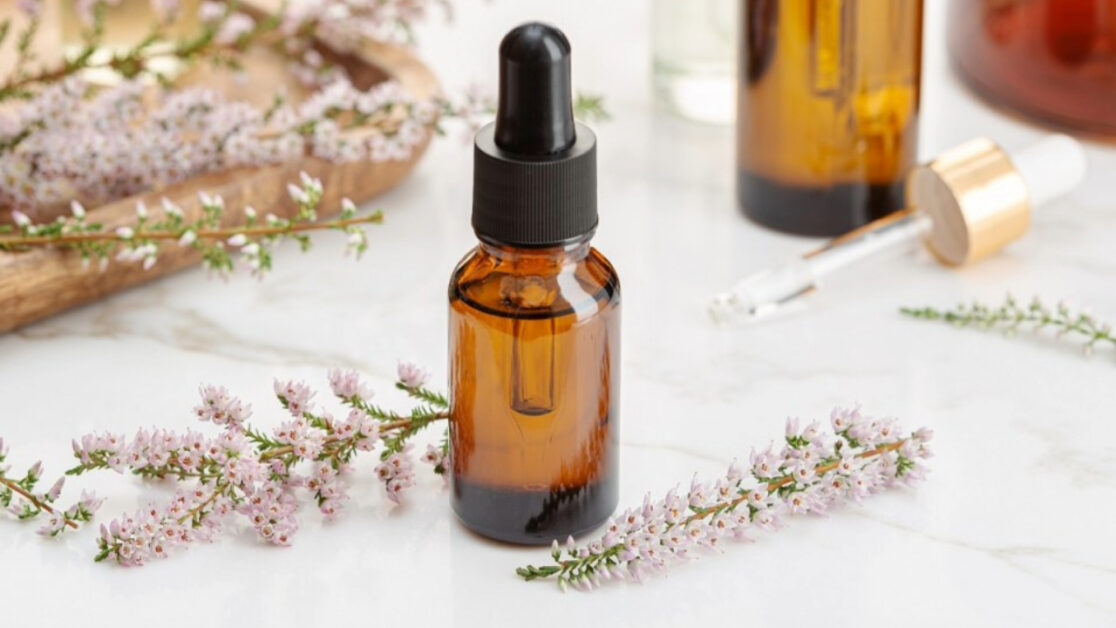Have you ever wondered why some essential oils are more expensive than others? Or why there's a vast disparity in their scents, even when they're labelled the same? The difference lies in the quality.
Today, we will explore the factors that contribute to the quality of essential oils and guide you through purchasing top-notch products for your aromatherapy sessions, massage therapies, or skincare routines.
Understanding Purity in Essential Oils
Purity is a key determining factor for high-quality essential oils. Pure essential oils are not mixed with synthetics or other chemical additives. The extraction process is kept natural for an undiluted and potent product. Reading labels before purchasing is therefore crucial. Labels specifying a single plant species, and products marked as “100% Pure” are often indicators of pure essential oils.
The Impact of the Production Process
The method of obtaining the oil from the plant can dramatically affect the quality of the essential oil. Distillation is the most common technique, but cold pressing and solvent extraction are also commonly used. The method chosen must preserve the intricate compounds within the plant to remain beneficial in use. Expertly distilled essential oils, for instance, maintain the delicate balance and synergy of the plant’s constituents, contributing to their therapeutic effectiveness.
Importance of Organic Farming in Essential Oil Production
Organically grown plants create high-quality essential oils since they are not exposed to pesticides or other harmful chemicals. Therefore, look for manufacturers who support ethical, organic farming practices.
The Significance of Proper Packaging
Packaging plays a critical role in preserving the quality of essential oils. Superior oils often come in dark-coloured glass bottles to protect them from sunlight. The packaging should confirm the plant’s Latin name, the country of origin, and how the oil was produced, helping you assess the product’s authenticity.
Spotting Fake Essential Oils
Fake essential oils are rampant in the market. They smell different, mostly lack the therapeutic benefits and can cause irritations or allergic reactions. Always trust your nose: essentials oils should never smell overly sweet or synthetic.
Consider the Price
While quality essential oils do require a significant investment, the price should not be exorbitantly high. Balance is key! If an oil is drastically cheaper than similar products on the market, it may be a diluted or synthetic oil, rather than pure.
The Bottom Line
With all the essential criteria considered, embarking on your aromatherapy journey with high-quality essential oils should now be a clearer path. Remember, investing in high-quality oils is investing in your overall well-being.
